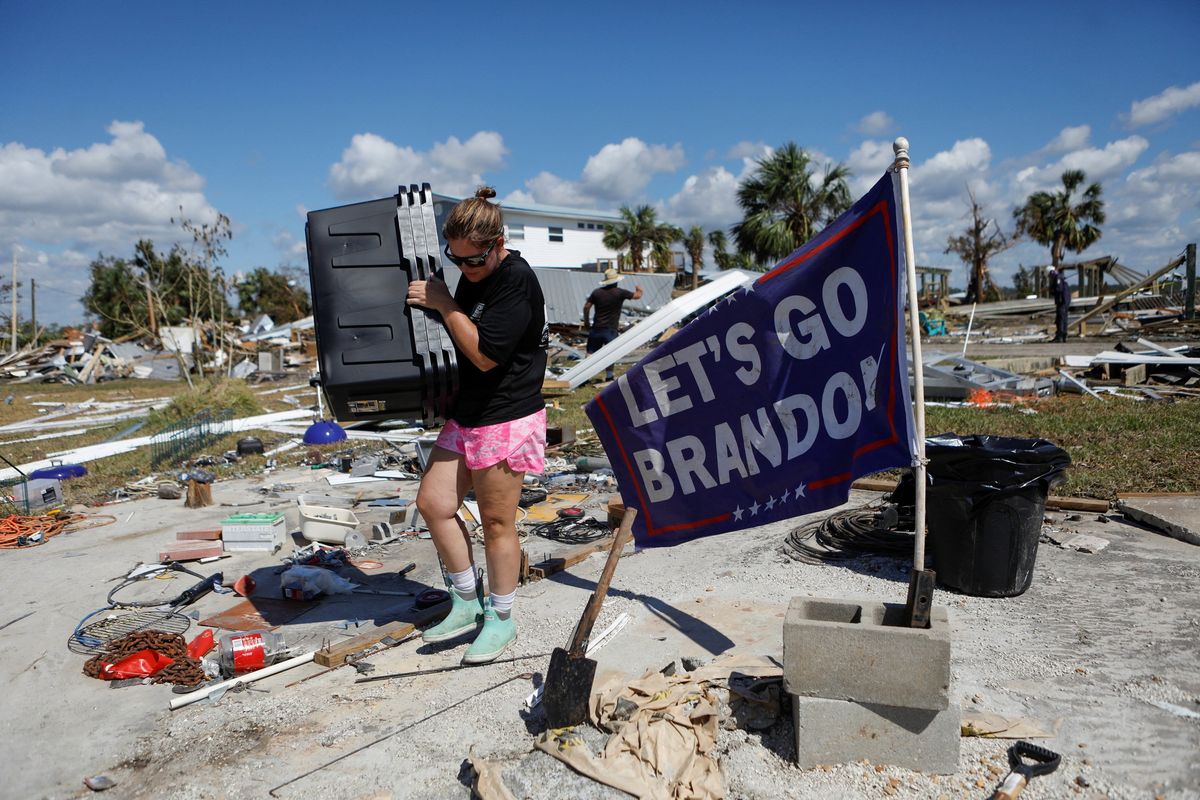
Health Secretary Robert F. Kennedy Jr.'s cuts to the U.S. Centers for Disease Control and Prevention have imperiled hurricane recovery efforts in western North Carolina.
Hurricane Helene devastated the Swannanoa River Valley nearly seven months ago, killing 43 people and destroying homes and businesses in the area. Now Kennedy axed a CDC team that was headed to the region to lead intensive door-to-door efforts to find out what residents need, just days before they were set to arrive, reported CNN.
“We were all packed, my car was packed," said one former CDC staffer. "I went to Costco and bought $50 worth of candy for the team."
ALSO READ: 'Dictatorship, not a town hall': Families 'distraught' as MTG disruptors tased and jailed
The small team from the CDC's disaster epidemiology unit was set to join several dozen state and local volunteers, along with 11 other CDC public health trainees, in the Asheville area. It's the only team of its kind in the federal government – which conflicts with Kennedy's justification for the cuts.
“Many of these offices contain duplicative and redundant functions, in many cases as the result of pet projects or crises that may have happened 20, 30 or even 40 years ago," Kennedy wrote in an op-ed published in the New York Post. "We are not focusing on the right problems, and we are not coordinating our resources in an effective way."
The Buncombe County health department was blindsided by the sudden cuts.
“They said, ‘Well, we can’t do this without you,’ ” the former staffer said.
The disaster epidemiology unit was part of the CDC’s Division of Environmental Health Science and Practice, which lost nearly 200 experts in the cuts, and the division's former leader said their services can't be replicated.
“All of these public health programs are gone, and there is no part of [the U.S. Department of Health and Human Services], CDC or anywhere else in the federal government that does what our division does, and so by this action, this work is not being done right now,” said Dr. Erik Svendsen, who was also placed on administrative lead April 1.
HHS spokesman Andrew Nixon claimed the Agency for Toxic Substances and Disease Registry could continue the eliminated unit's environmental health work, but Svendsen said that agency is staffed by toxicologists who develop public health guidance to respond to disasters, while environmental health experts deal with threats like E. coli in restaurant food or extreme heat, for example.
“If the HHS leadership thinks that environmental health is only toxic exposures," Svendson said, "then they are misinformed."
Locals say the federal aid was still desperately needed in the area, where many residents remain displaced by the storm.
“It really has just been like blow after blow of different federal agencies and entities that are being cut right now,” said Beth Trigg, who co-founded Swannanoa Communities Together. “It’s already so difficult for people to meet basic needs where we are, and to have all of these rugs getting ripped out from under us one after the other is devastating.”




